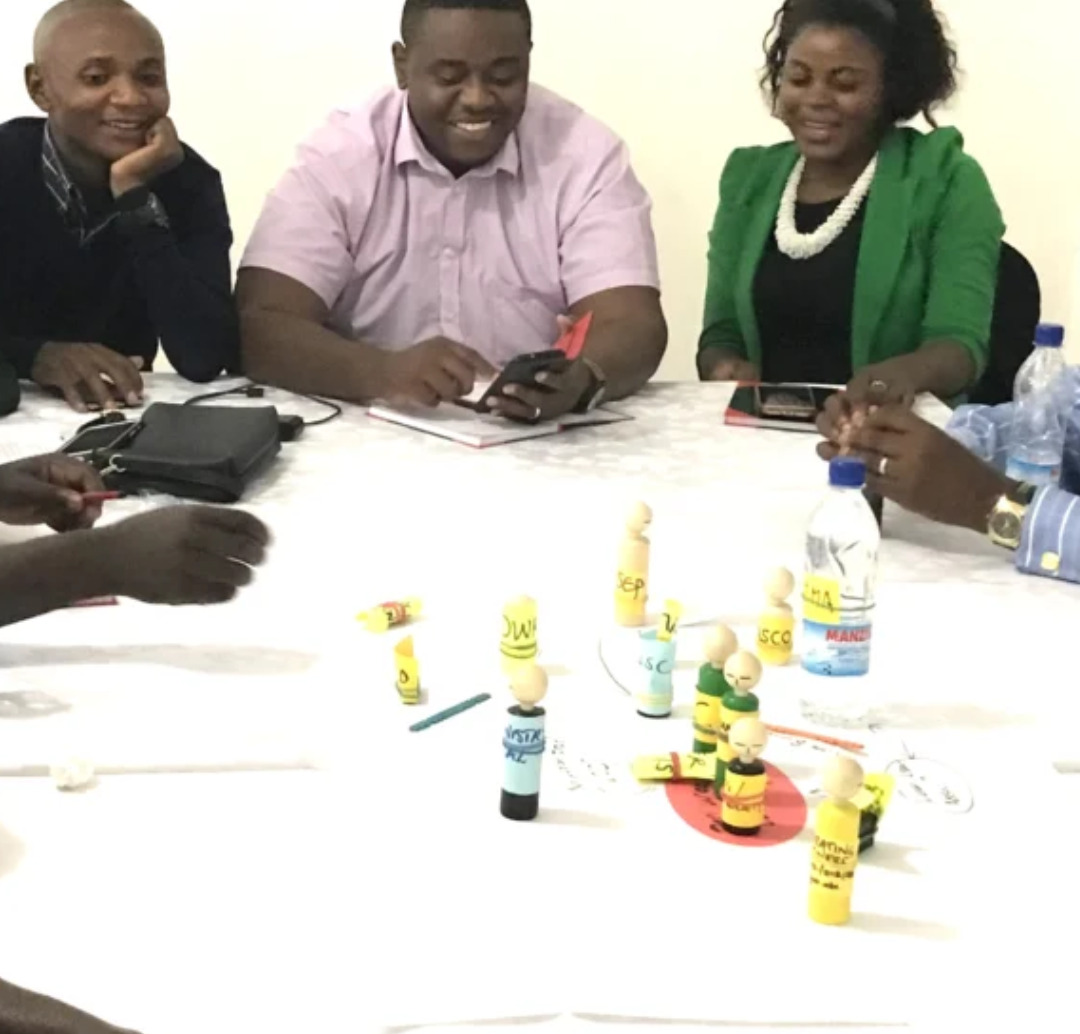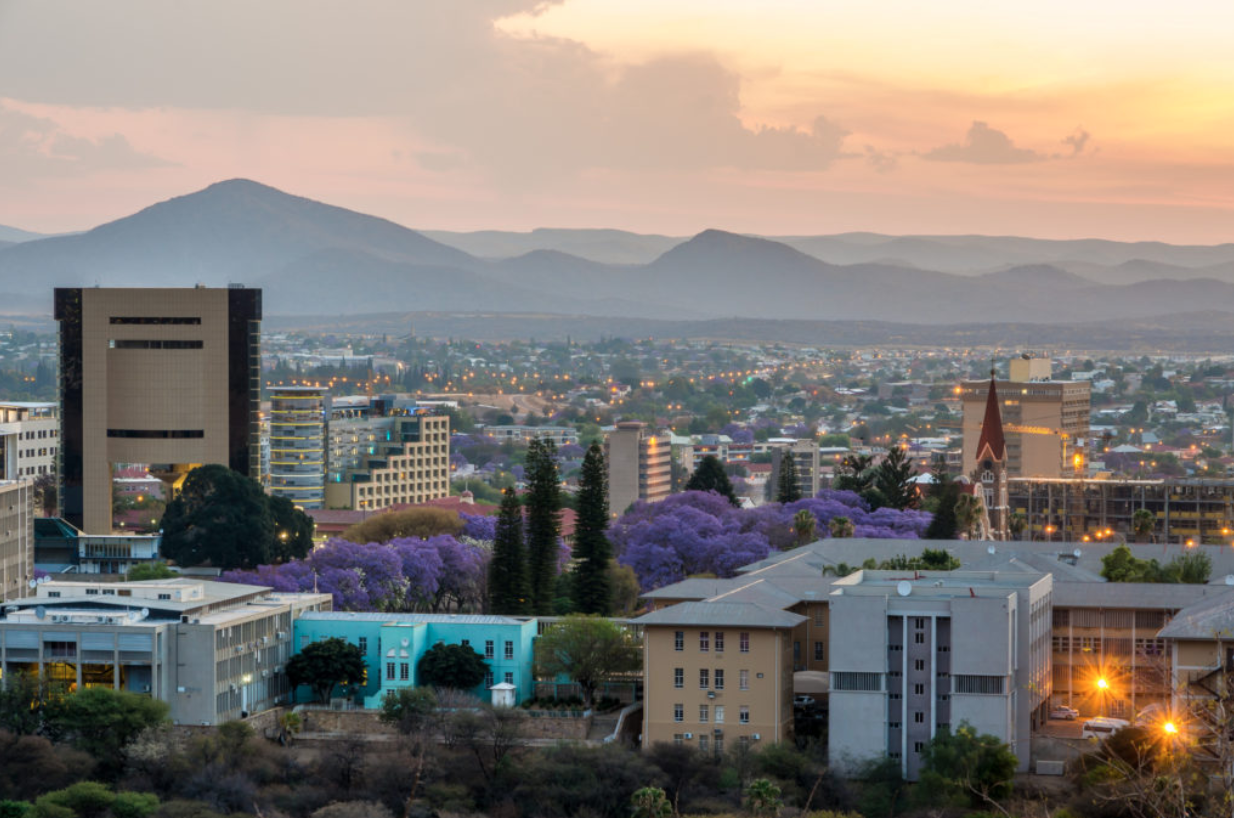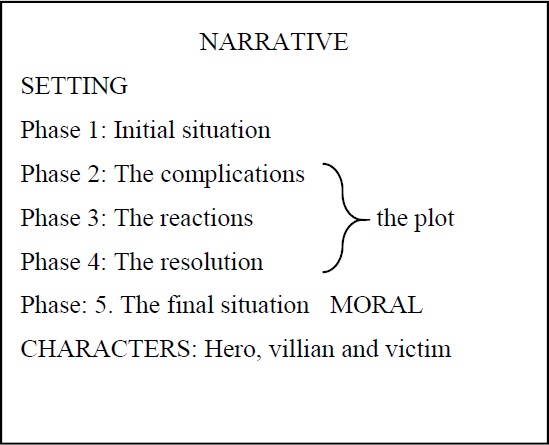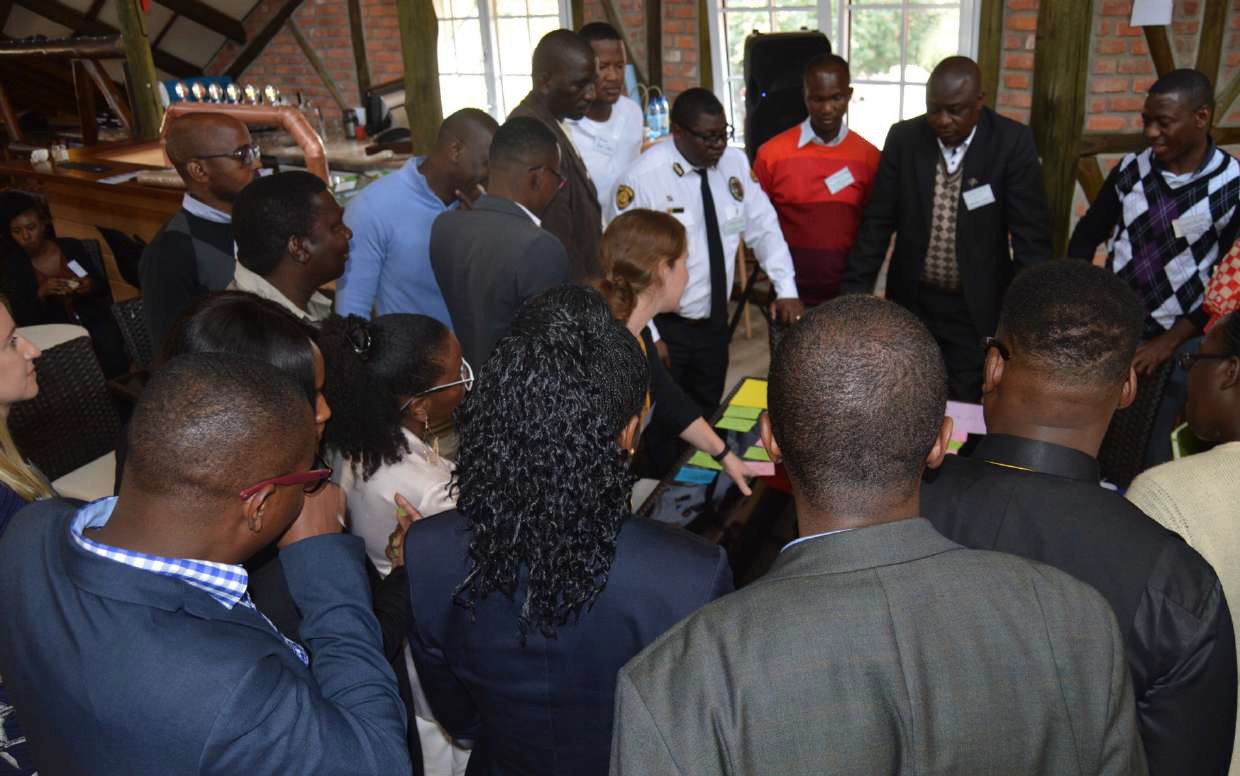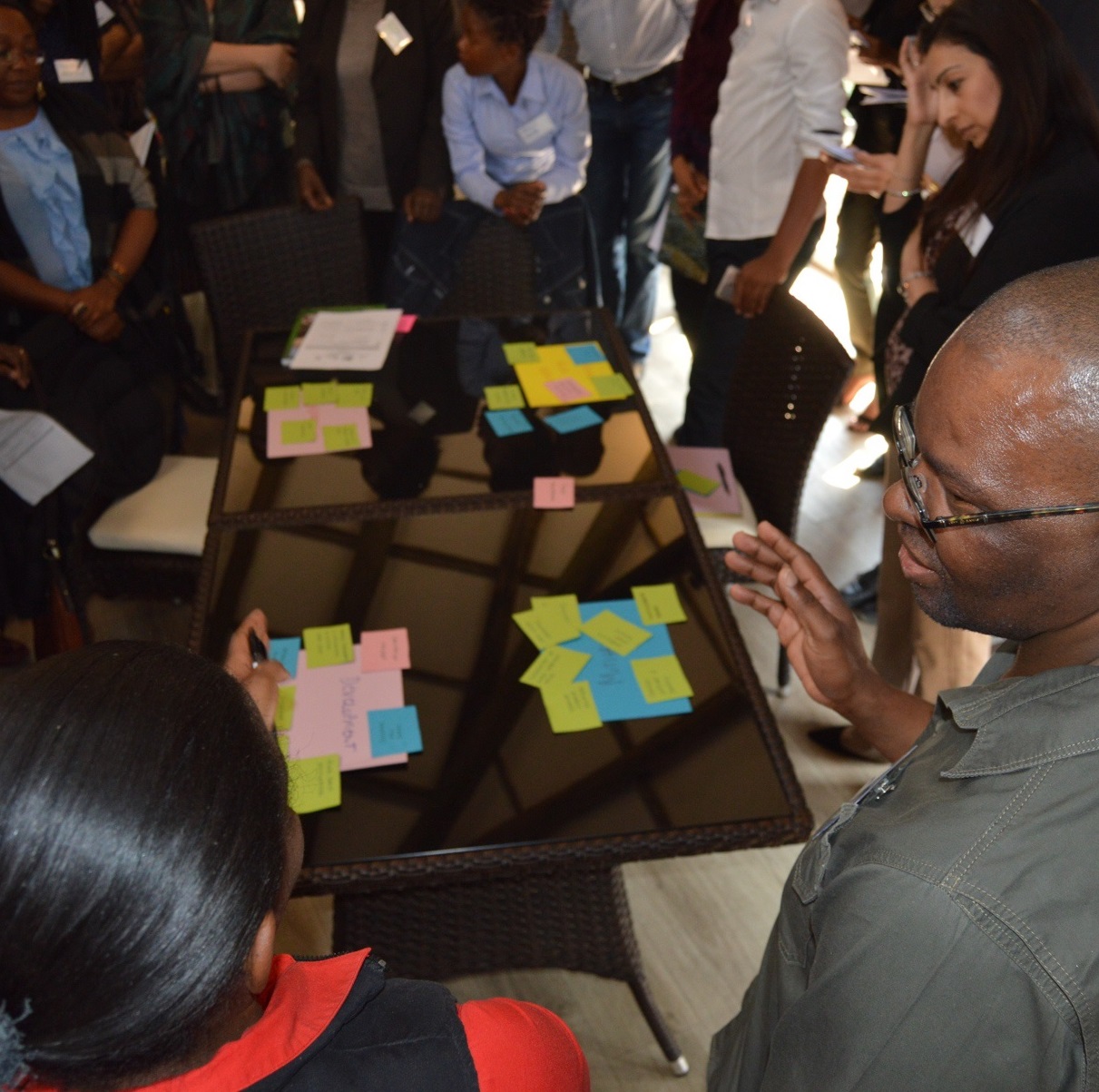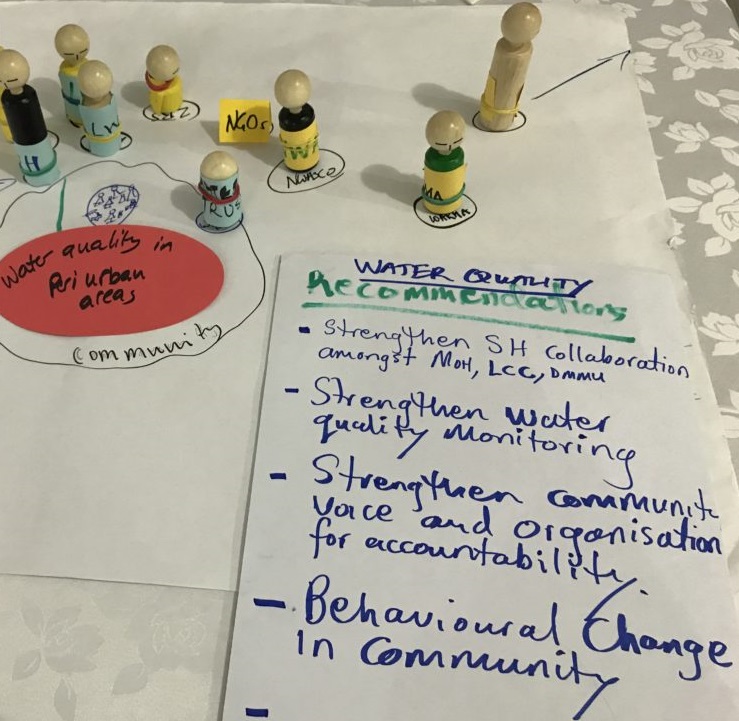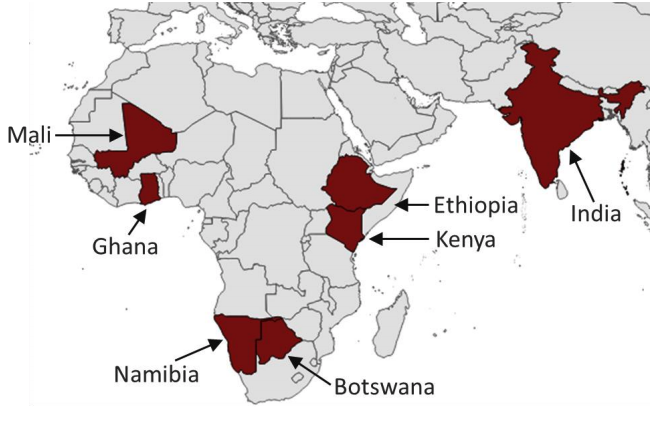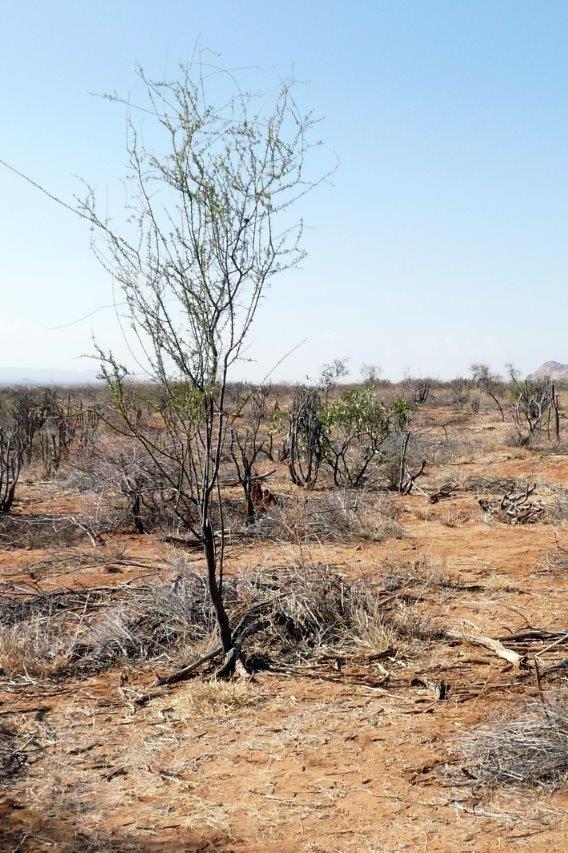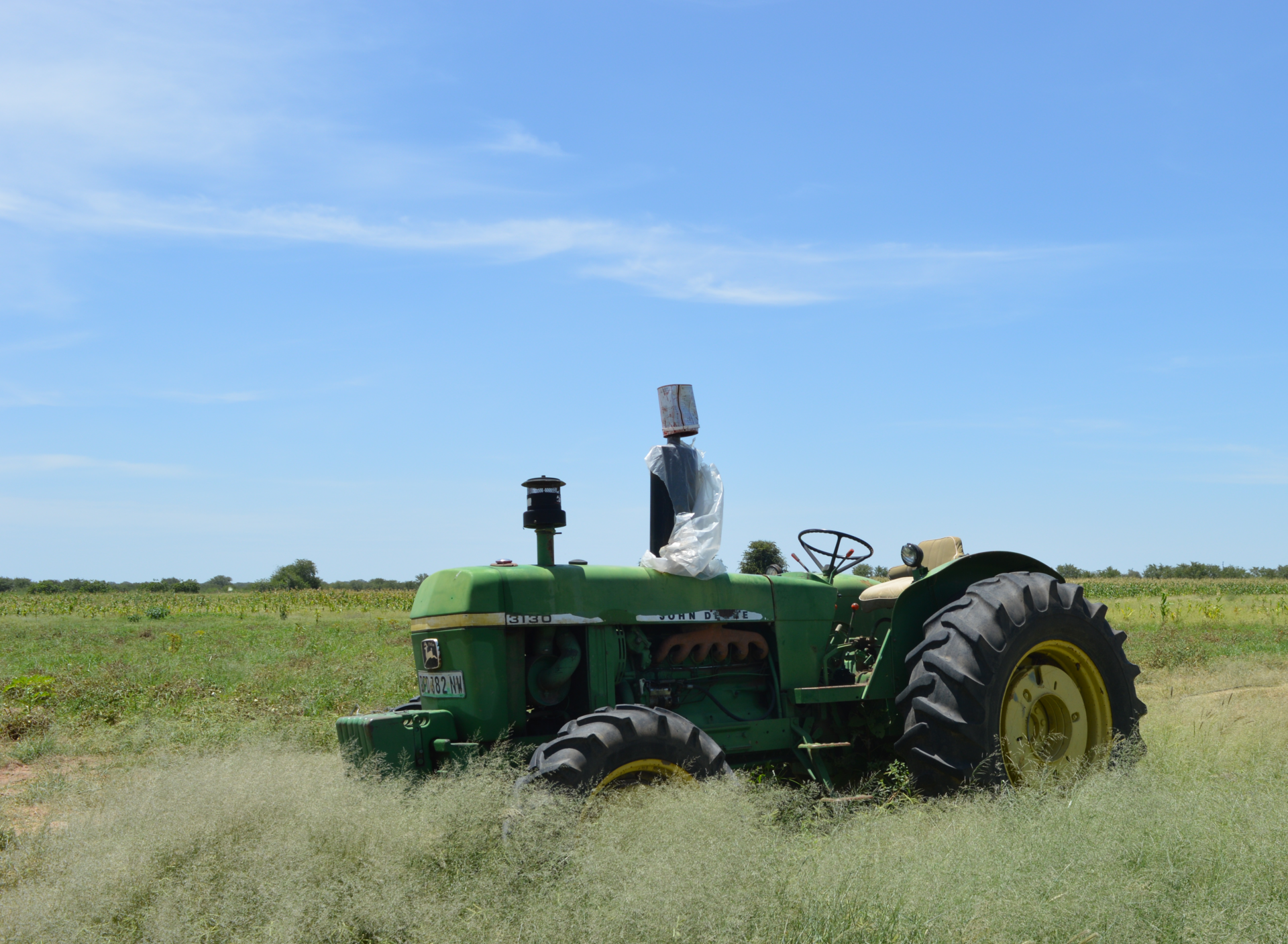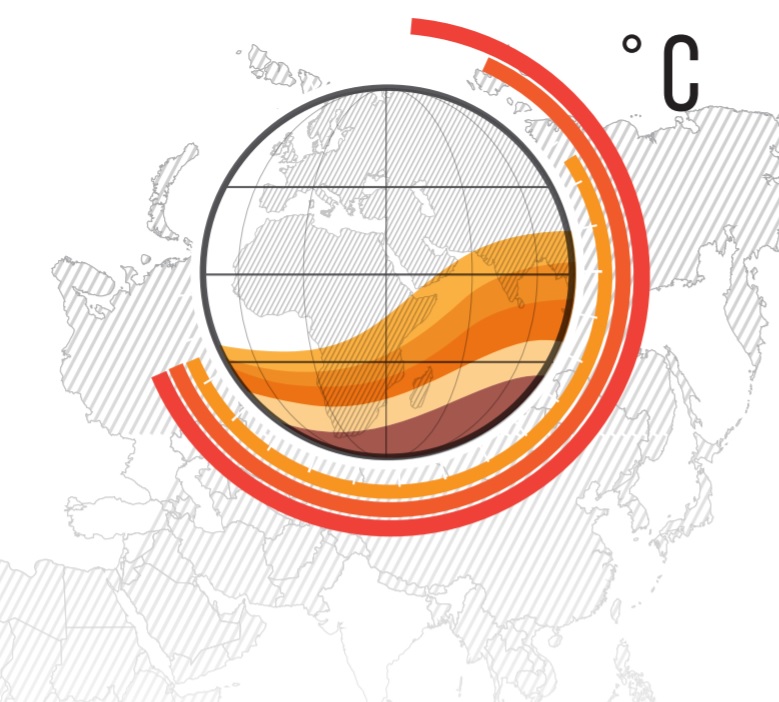Namibia
Supporting climate-resilient urban planning: 10 lessons from cities in southern Africa
This brief presents key insights on integrating climate information into climate change-related adaptation planning in African cities.
Co-producing climate information for Windhoek decision making
This working paper provides an overview of a project that sought to co-produce, communicate and share climate change information to improve decision-making processes for adaptation in Windhoek, Namibia.
The Story of Water in Windhoek: A Narrative Approach to Interpreting a Transdisciplinary Process
The aim of the paper is to present a story about the 2015 to early 2017 Windhoek drought in the context of climate change while using the narrative approach.
“Explainer” Guide: Co-exploring Terminologies
This brief explains why co-exploring language and terminology is important for creating a level playing field at the beginning of a multi-stakeholder engagement.
“How-to” Guide: Co-exploring Terminologies
This brief explains how to conduct a terminology co-exploration exercise for climate change adaptation decision-making.
Learning Labs in Windhoek: creating collaborative ways to address climate change in African cities
This video outlines how the Learning Labs approach brings stakeholders together to tackle climate change adaptation issues emerging in urban Africa.
Determining what global warming of 1.5°C and higher means for the semi-arid regions of Botswana, Namibia, Ghana, Mali, Kenya and Ethiopia: A description of ASSAR’s methods of analysis
This article describes ASSAR's method for what global warming of 1.5°C and higher means for the semi-arid regions of Botswana, Namibia, Ghana, Mali, Kenya and Ethiopia.
Global warming of 1.5°C and higher brings profound challenges to semi-arid regions
This page collects together key messages and outputs from the ASSAR project relevant to global warming of 1.5°C and higher.
Considering religion and tradition in climate smart agriculture: Insights from Namibia
Religion and tradition can act as barriers to the effective behavioural change needed for adaptation. However these can also be used to leverage local practices for better uptake of adaptation.
What global warming of 1.5°C and higher means for Namibia
This infographic illustrates the potential impacts of global warming of 1.5°C and above on the local climate extremes and vulnerable sectors of Namibia.
